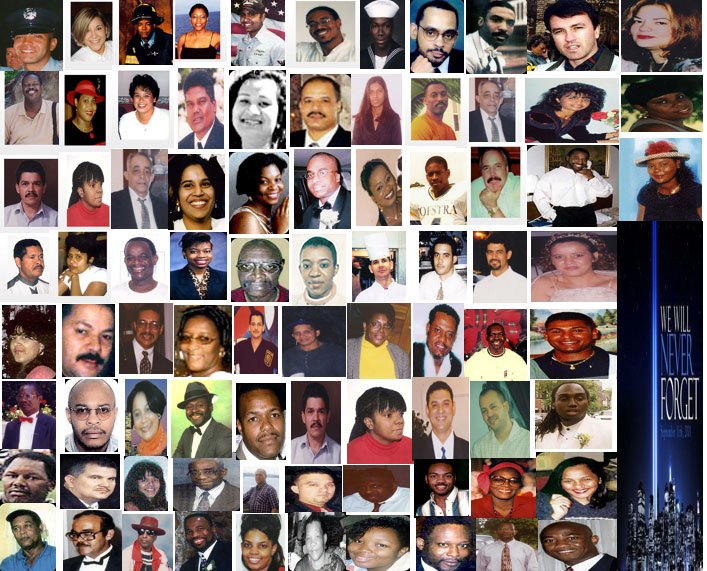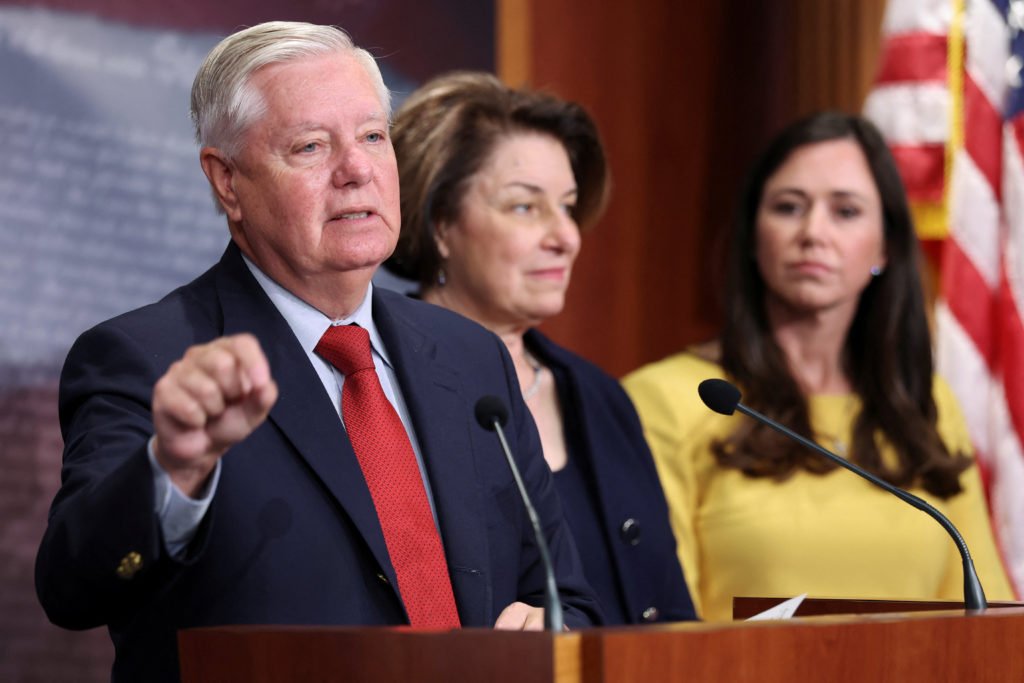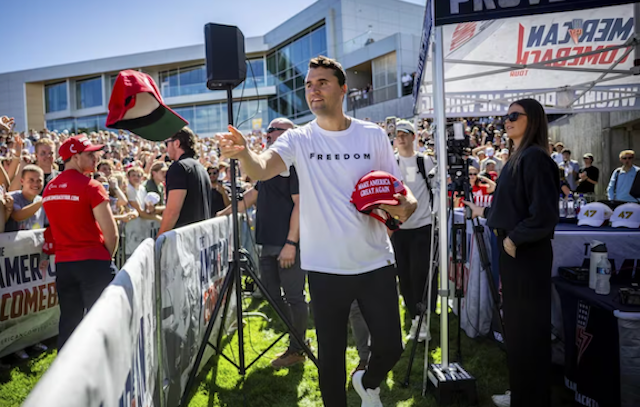News Americas, NEW YORK, NY, Thurs. Sept. 11, 2025: As the United States marks the 24th anniversary of the September 11th terrorist attacks, the ceremonies at Ground Zero and across the nation remain solemn and moving. Bells toll, names are read, and politicians, including those with xenophobic agendas, pledge to “never forget.”
But for many in the Caribbean diaspora, the phrase “never forget” feels incomplete. More than 100 victims of 9/11 were born in Caribbean or CARICOM nations — from Guyana, Jamaica, Trinidad & Tobago, and Haiti, to smaller islands like Grenada, St. Vincent & the Grenadines, and Antigua. They died working in offices, kitchens, and security posts high in the World Trade Center towers or as first responders rushing toward danger.

Yet their stories rarely get the same attention even though their names are listed in the 911 Memorial. As the years pass, their names risk fading into the tide of history.
Take Patrick Adams, born in Georgetown, Guyana, who worked security at Fuji Bank on the 80th floor of Tower Two. Or Karl Henry Joseph, a Haitian firefighter with Engine 207 in Brooklyn, who was among the first to respond and never made it out. John Sylvester White, from St. Ann, Jamaica, was working a shift at ABM Industries that morning, while Rena Sam Dinnoo of Port-of-Spain, Trinidad, was at her desk at Marsh & McLennan.
These were mothers, fathers, brothers, sisters — Caribbean immigrants who helped keep New York’s economic engine running. They were the embodiment of the immigrant dream, working hard and building lives for their families.
But in official ceremonies, their Caribbean roots are largely ignored. Their home countries hold no national memorials. Many of their names are absent from Caribbean history lessons. For a region with such a strong diaspora presence in New York City, that silence stings.
Immigrant advocates argue that this lack of visibility reflects a broader erasure of immigrant contributions in American history. This is not just about symbolism — it’s about memory and belonging. Honoring Caribbean victims is honoring the immigrant backbone of New York. It is acknowledging that these men and women were part of the city’s heartbeat.
Some have called for Caribbean-specific commemorations each September, whether through school programs, church services, or cultural centers across the region and diaspora. Others want scholarship funds and community initiatives established in the names of those lost.
The examples are there: Sweden, after a 2017 terror attack, built a dedicated memorial listing each victim’s name. Rwanda has made genocide remembrance a central part of its national identity. Why not the Caribbean for its own fallen?
As we pass the two-decade mark, there is a danger that 9/11 will become history only read in textbooks. The immigrant stories – the Caribbean stories – risk vanishing even faster.
This September 11, as the world pauses to remember, the Caribbean diaspora must call for something more: to keep these names alive, not just on plaques in lower Manhattan, but in the collective memory of the islands they once called home.
Because “never forget” must mean remembering everyone — not just the most prominent, but also those who left early for work that day, never knowing they would not return.




